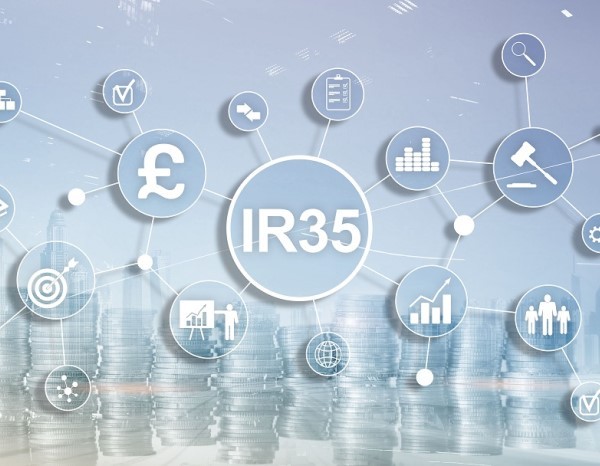
It’s nearly two years since the introduction of the updated IR35 legislation – the reforms to tax rules for off-payroll working in the public sector. A report, issued by the Nation Audit Office, includes lessons learned since the implementation of the tax rules in 2017.
What is IR35?
The IR35 rules were introduced in 2000 by HMRC to prevent self-employed workers avoiding PAYE and Class 1 NICs by working through a personal service company (PSC). HMRC’s target was this so-called ‘disguised employment’.
The rules changed for public sector contracts in 2017 and were extended to many private sector contracts from April 2021.
The report’s main findings
The National Audit Office’s report includes these conclusions:
- Following the reforms, HMRC observed an increase in tax revenues and the numbers of workers deemed to be employed for tax purposes.
- Some workers disputed their tax status, but they did not have a clear legal route to appeal the determinations.
- The 2020/21 financial statements of government departments and agencies include £263m paid, owed, or expected to be owed in additional tax for failing to administer the reforms correctly.
- The approach that HMRC is taking to correct cases of non-compliance is resulting in more tax being collected than is due, but there is not yet a plan to address this.
- HMRC may have underestimated the cost to employers of implementing the reforms.
- Despite improvements HMRC has made to its guidance and tools, public bodies and other stakeholders observed it could go further to support implementation.
- Inherent differences between the public and private sectors mean that HMRC faces new and challenging risks following the wider implementation of IR35 reforms.
The report’s recommendations
The report recommends that HMRC should:
- Further develop the ‘check employment status for tax’ (CEST) tool and accompanying guidance to make it as easy as possible to use accurately
- Assess the usefulness of CEST for different sectors
- Identify and set out case examples of good implementation to promote compliance by helping organisations get determinations and tax deductions right first time
- Update its estimate of compliance costs to hiring organisations based on actual experience, to help all parties understand the scale of activity needed and how HMRC can best support implementation
- Develop a more effective and efficient system to ensure HMRC accurately collects the total taxes due from workers and hiring organisations when errors have been made; and
- build on its improved collaboration with stakeholders to enable constructive discussions and pre-empt challenges in the public and private sectors.
Our thoughts…
We would certainly agree that HMRC needs to develop its guidance so that companies and individuals can more easily clarify their own status and make an informed decision. The CEST tool in particular needs to be more finely honed to enable a correct assessment of employment status for tax purposes.
If you have any queries about IR35, we can help. Drop me a line to martin.johnson@torgersens.com.


.jpg)

.jpg)



